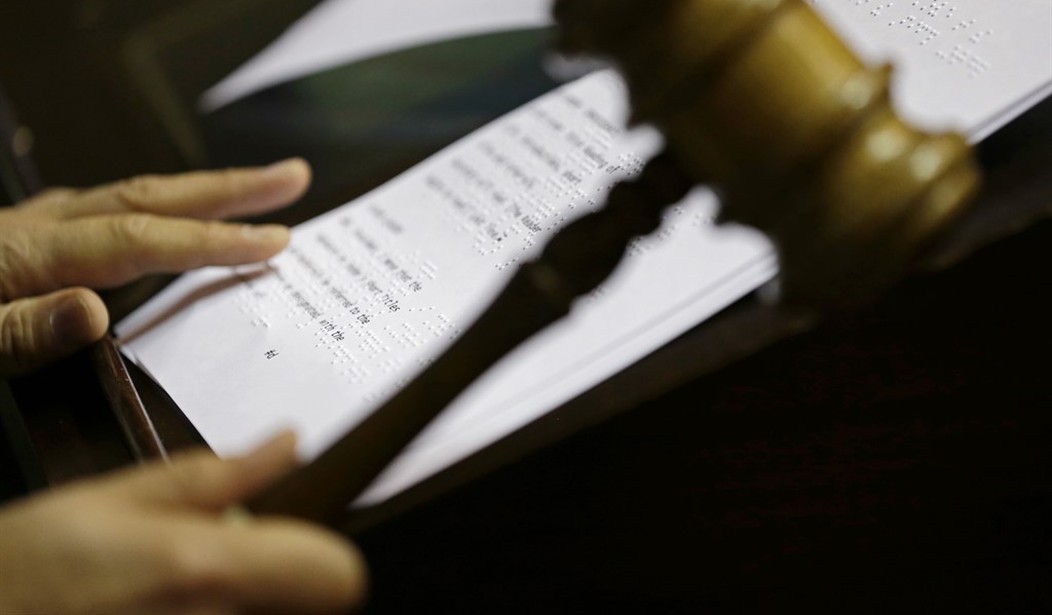On Monday evening, the Department of Justice (DOJ) asked the Fifth Circuit Court of Appeals to deny a stay against an injunction blocking S.B. 8, Texas’ newly-enacted abortion law that outlaws abortion after fetal heartbeat detection.
This move comes after the federal appeals court decided to reinstate S.B. 8 after U.S. District Judge Robert Pitman, an Obama-era appointee, issued an injunction against the law. Pitman’s ruling came as a result of the DOJ’s announcement that they are gearing up to sue Texas over S.B. 8, fulfilling President Biden’s “whole-of-government” promise to fight against S.B. 8.
In the request, the DOJ argued that S.B. 8 is unconstitutional and “endanger[s] the supremacy of federal law.” Furthermore, the request rips into one component of S.B. 8 that allows private citizens to seek legal action against individuals who provide illegal abortions or “aid or abet” a woman seeking an illegal abortion.
“Texas designed S.B. 8 to violate the Constitution and avoid judicial review,” the DOJ argued in the request. “If Texas’ scheme is permissible, no constitutional right is safe from state-sanctioned sabotage of this kind.”
Many of the arguments in the request echoed those from Pitman’s ruling last week that enjoined the enforcement of S.B. 8, including arguments surrounding fetal viability, as defined by landmark case Roe v. Wade, and detailed all the “harm” S.B. 8 will cause.
Recommended
“This Court should deny the stay motions and lift the administrative stay as quickly as possible in light of the ongoing irreparable harm,” the request concludes.
On Sept. 1, the day S.B. 8 took effect, the Supreme Court of the United States (SCOTUS) voted 5-4 upholding the new law after abortion advocacy groups submitted a last-minute request asking the Court to block the law from taking effect. This, along with SCOTUS case Dobbs v. Jackson Women’s Health Organization on Dec 1., which calls into question the constitutionality of a 15-week abortion ban in Mississippi, could alter the future of the precedents set by both Roe and Planned Parenthood v. Casey.
























Join the conversation as a VIP Member